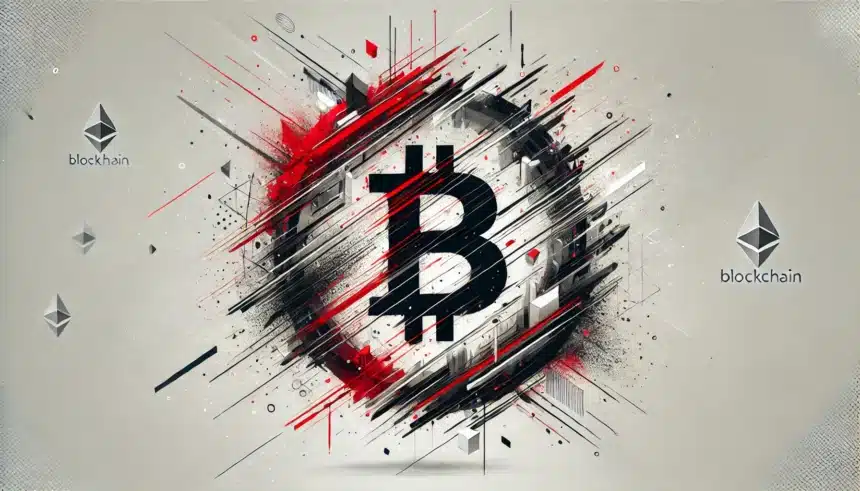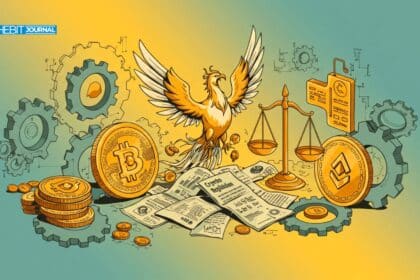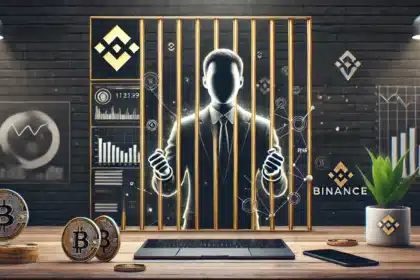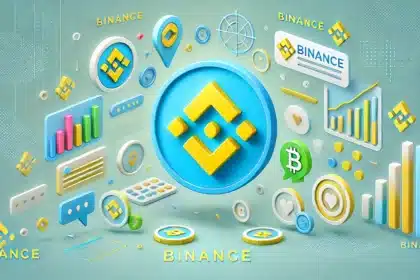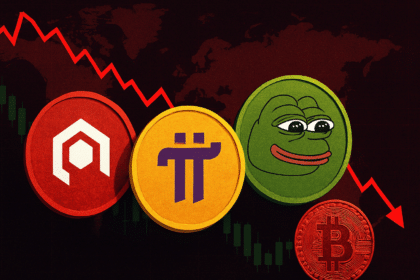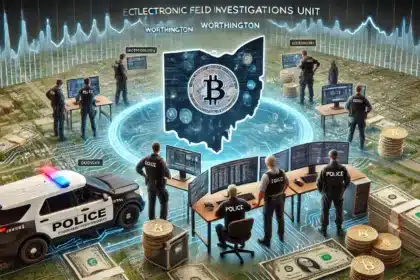Former CIA agent and well-known figure in the crypto world, Edward Snowden, recently made headlines with his sharp criticism of the popular altcoin Solana (SOL). Speaking via video at the Token2049 conference, Snowden expressed concerns about Solana’s increasing centralization, warning that the project may be compromising one of the key principles of blockchain technology: decentralization.
Snowden’s Critical Take on Solana
In his remarks, Snowden acknowledged the technological advantages and fast network structure of Solana but emphasized that the project falls short when it comes to decentralization. According to Snowden, Solana has prioritized speed and cost efficiency at the expense of decentralization, a trade-off that poses risks to the platform’s long-term viability. He argued that Solana’s centralization could make it vulnerable to state intervention and malicious actors, as more centralized systems are easier for governments to manipulate.
“Solana’s team is taking good ideas and applying them to a centralized structure, creating a faster and cheaper network. But they are ignoring the risks of centralization,” Snowden remarked. He pointed out that centralized networks lack the resilience that decentralized ones offer and could jeopardize user security.

Concerns Over Solana’s Use Cases
Snowden also criticized the way Solana is being used, claiming that it primarily hosts memecoins and scam projects. This trend, he suggested, could harm the platform’s reputation and erode its long-term credibility. He linked these questionable projects to Solana’s centralized approach, arguing that this decision has invited such problematic uses onto the network.
Although Snowden refrained from naming specific projects, he emphasized that many see Solana’s speed and cost advantages as solutions to blockchain’s challenges. However, he argued that this approach directly contradicts the core principle of decentralization, which lies at the heart of blockchain technology. Snowden’s remarks highlight the ongoing debate between maintaining decentralization and achieving network speed and efficiency.
Praise for Bitcoin
While Snowden criticized Solana, he heaped praise on Bitcoin (BTC), calling it the most resilient system against state intervention. He lauded Bitcoin as the project that best upholds the principle of decentralization, noting that its structure makes it highly resistant to manipulation by governments or bad actors. Bitcoin’s decentralized nature, he said, is what instills confidence in both users and investors.
Snowden further emphasized that Bitcoin remains the frontrunner in the crypto world when it comes to decentralization, arguing that other crypto projects should prioritize this fundamental principle. While technical achievements like speed and efficiency are important, Snowden argued that decentralization is the foundation on which the crypto world is built.
Snowden’s critique of Solana raises important questions about the project’s future. While Solana has rapidly gained popularity and attracted significant investment due to its speed and cost advantages, Snowden’s concerns highlight potential long-term risks. Prioritizing these advantages at the expense of decentralization could undermine the platform’s reliability and the value it offers to users.
As Solana continues to grow in prominence, it will need to address these criticisms to maintain its place in the fast-evolving world of blockchain. Meanwhile, Bitcoin continues to stand tall as a decentralized network, with Snowden positioning it as a model for other crypto projects to follow.
- https://twitter.com/Thebitjournal_
- https://www.linkedin.com/company/the-bit-journal/
- https://t.me/thebitjournal
Follow us on Twitter and LinkedIn and join our Telegram channel to be instantly informed about breaking news!



